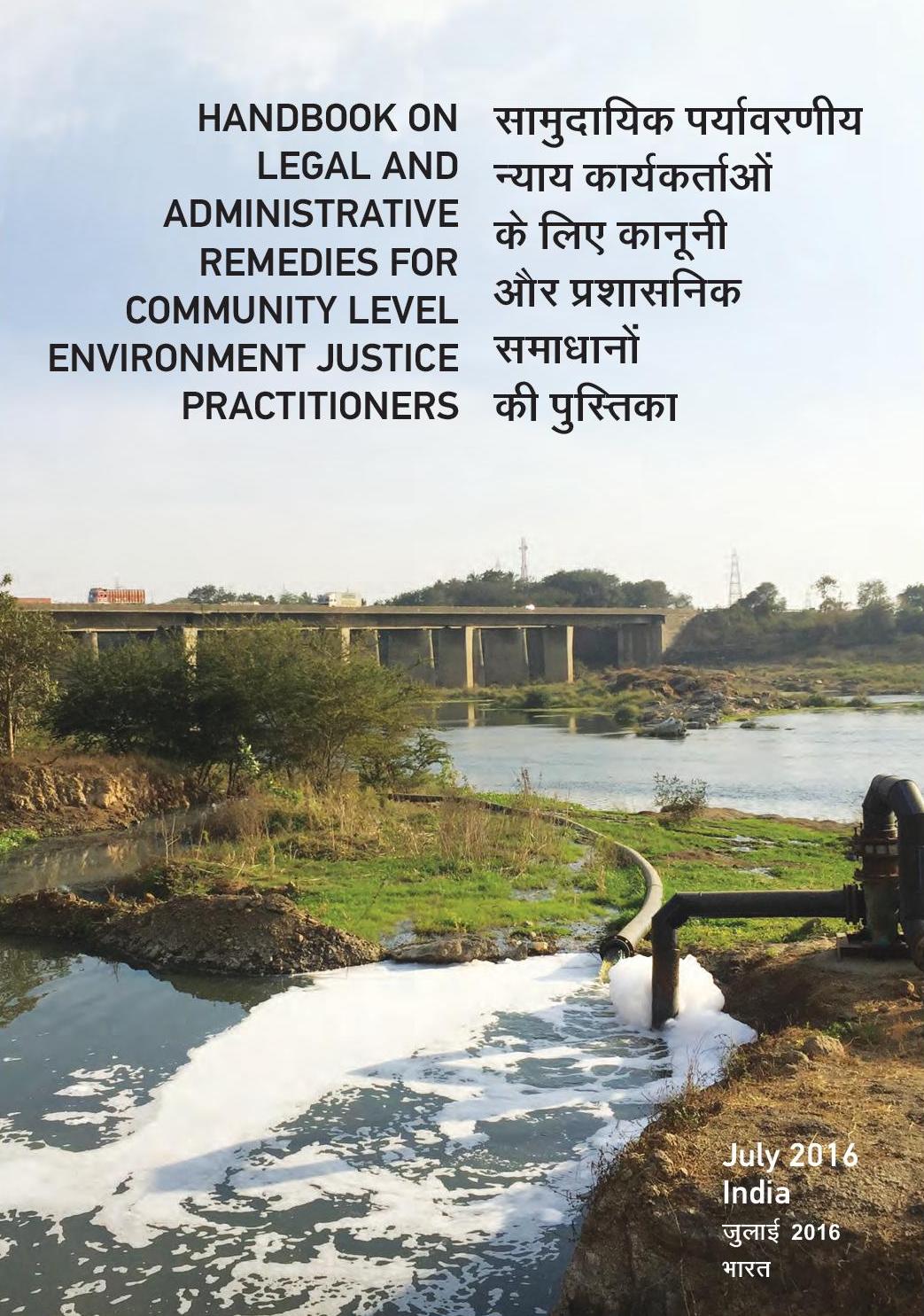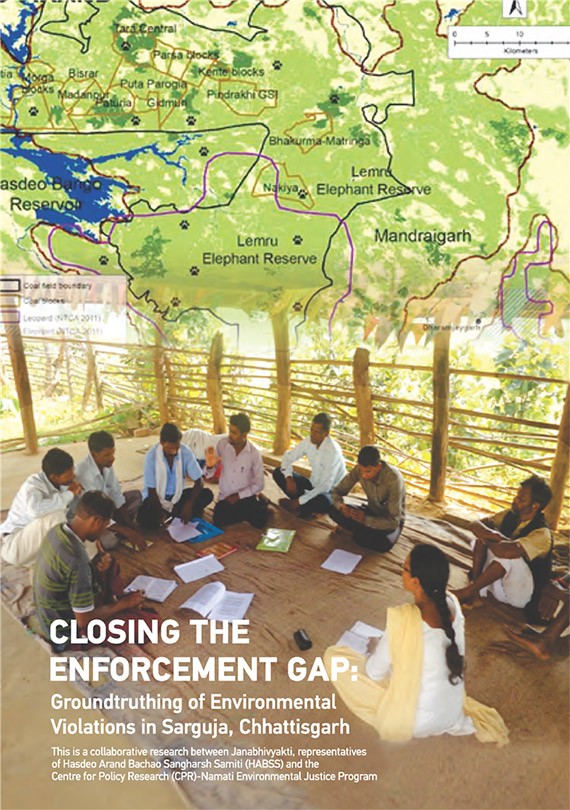Focal point
Location
Dharam Marg, Chanakyapuri
New Delhi 110021
The Centre for Policy Research (CPR) has been one of India’s leading public policy think tanks since 1973. The Centre is a non-profit, non-partisan independent institution dedicated to conducting research that contributes to the production of high quality scholarship, better policies, and a more robust public discourse about the structures and processes that shape life in India.
CPR’s community of distinguished academics and practitioners drawn from different disciplines and professional backgrounds. The institution nurtures and supports scholarly excellence. However,the institution as such does not take a collective position on issues. CPR's scholars have complete autonomy to express their individual views. Senior faculty collaborate with more than 50 young professionals and academics at CPR and with partners around the globe to investigate topics critical to India’s future.
Members:
Resources
Displaying 11 - 15 of 21MAPPING DILUTIONS IN A CENTRAL LAW
This is a working paper by Kanchi Kohli and Debayan Gupta, Centre for Policy Research,Namati Environmental Justice Program, which throws light on Right to Fair Compensation and Transparency in Land Acquisition, Rehabilitation and Resettlement (RFCTLARR) Act, 2013. It is indiacted that there has been at the centre of intense debate.
LAND ACQUISITION IN INDIA: A REVIEW OF SUPREME COURT CASES 1950-2016
This report produced by Centre for Policy Research (CPR) a comprehensive and systematic study of Supreme Court cases on land acquisition from 1950- 2016 and examined particular conflicts involving major dams, special economic zones, housing complexes and industrial projects. It highlight the legal trajectory of land acquisition in India and attempt to provide deep understanding on how disputes over land are actually adjudicated in the Supreme Court and nature and pattern of litigation.
Handbook on Legal and Administrative Remedies for Community Level Environment Justice Practitioners
The handbook does not specifically list judicial and court related remedies to any of these problems. In case the problem does not get resolved through the administrative route, clients and community practitioners have the option of accessing avenues such as the National Green Tribunal (NGT) and Courts which are accessed through lawyers. In such instances, the evidence collected, complaints filed and other documentation could form an important basis and support for any legal intervention.
Closing the Enforcement Gap: Groundtruthing of Environmental Violations in Sarguja, Chhattisgarh
This document, titled Closing the Enforcement Gap: Groundtruthing of Environmental Violations in Sarguja, Chhattisgarh,is the second in the series of community led groundtruthing exercises carried out by the Centre for Policy Research (CPR)-Namati Environmental Justice Program in partnership with Janabhivyakti and Hasdeo Arand Bachao Sangharsh Samiti (HABSS).
CZMAs and Coastal Environments: Two Decades of Regulating Land Use Change on India’s Coastline
Coastal Regulation Zone (CRZ) Notification that was first promulgated in 1991 and amended over 25 times. Though much has been written about the Notification, the performance of CZMAs and the institutional challenges to implementation have never been studied.




